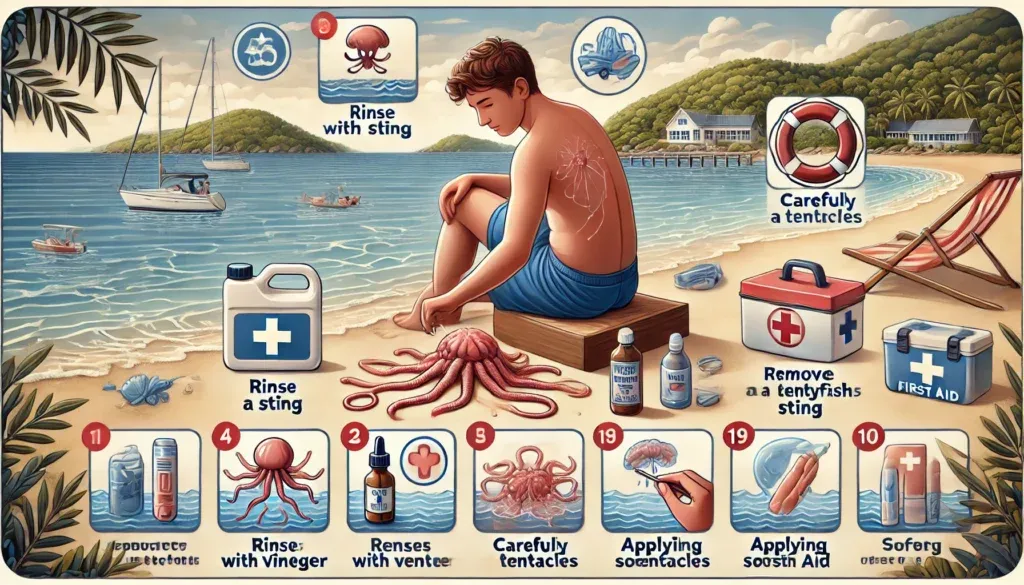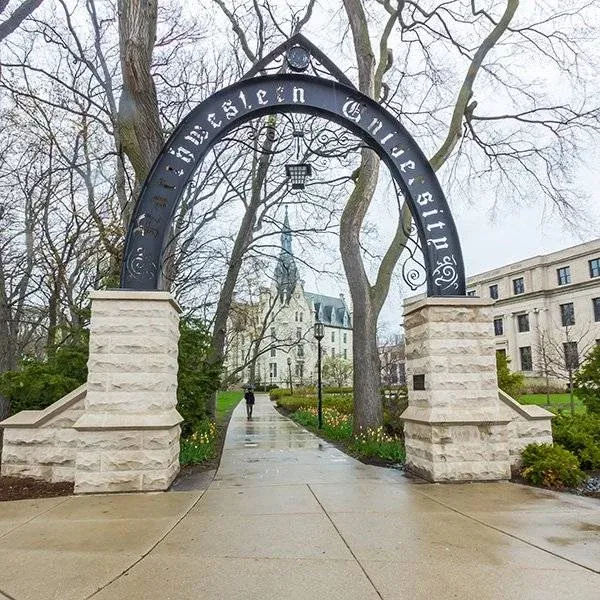Traveling to new destinations brings adventure, culture, and memories. However, for many travelers, it also brings the risk of mosquito bites. While a mosquito bite may seem harmless, bites after international travel should be taken seriously. Mosquitoes are known carriers of diseases such as malaria, dengue fever, chikungunya, West Nile virus, and Zika. Proper mosquito bite care after travel not only relieves discomfort but also helps identify possible health risks early.
In this guide, we’ll cover how to care for mosquito bites after traveling, when to seek medical attention, and the best prevention tips to stay safe on your journeys.
Why Mosquito Bite Care After Travel Matters
Most mosquito bites cause temporary redness, itching, and mild swelling. However, after traveling, especially to tropical or subtropical regions, mosquito bites could indicate exposure to disease. For example:
Malaria can cause fever, chills, and flu like symptoms.
Dengue fever may lead to joint pain, rashes, and severe headaches.
Zika virus is a concern for pregnant women due to birth related risks.
Chikungunya often results in fever and prolonged joint pain.
That’s why mosquito bite care after travel goes beyond just soothing the itch, it involves monitoring symptoms closely.
First Aid for Mosquito Bites After Travel
If you notice fresh mosquito bites upon returning home, here are immediate care steps:
Clean the Area Wash the bite with mild soap and warm water to prevent infection.
Apply a Cold Compress Use an ice pack or cold cloth to reduce swelling and itching.
Use Anti Itch Creams Hydrocortisone cream or calamine lotion helps soothe irritation.
Avoid Scratching Scratching increases infection risk and prolongs healing.
Take an Antihistamine If bites are very itchy, oral antihistamines can provide relief.
When to Seek Medical Attention
Mosquito bites after travel require extra vigilance. Seek medical advice if you experience:
Persistent fever, chills, or sweating
Severe headache or body aches
Rashes spreading across the body
Nausea, vomiting, or diarrhea
Difficulty breathing or chest pain
Bites that look infected, swollen, or filled with pus
These could be signs of a mosquito-borne illness or allergic reaction.
Preventing Infections After Travel
Even after returning home, proper mosquito bite care includes reducing the risk of secondary infections. To do this:
Keep nails trimmed to avoid breaking skin while scratching.
Cover bites with a bandage if they are large or tempting to scratch.
Apply natural remedies like aloe vera or tea tree oil for faster healing.
Stay hydrated, as it helps the body recover quickly from inflammation.
Travel Related Diseases to Watch For
Since mosquito species vary around the world, the type of disease risk changes with your travel destination.
Africa & South Asia Malaria is a significant concern.
Southeast Asia & South America Dengue and chikungunya are more common.
Caribbean & Pacific Islands Zika virus cases have been reported.
North America & Europe While less common, West Nile virus can occur.
Knowing the region you traveled to can help doctors quickly identify potential risks if you fall ill after mosquito bites.
Tips for Future Travel: Preventing Mosquito Bites
The best mosquito bite care after travel is prevention before and during your trip. Keep these tips in mind:
Use insect repellent with DEET, picaridin, or lemon eucalyptus oil.
Wear long sleeves and pants, especially in the evenings.
Sleep under insecticide-treated mosquito nets in high-risk areas.
Stay in accommodations with air conditioning or screened windows.
Avoid areas with standing water, where mosquitoes breed.
Natural Remedies for Mosquito Bite Relief After Travel
For travelers who prefer gentle, home based remedies, these natural treatments may help:
Aloe Vera Gel Reduces inflammation and cools the skin.
Honey Has antibacterial properties that prevent infections.
Baking Soda Paste Neutralizes itching and irritation.
Coconut Oil Moisturizes the skin and promotes healing.
Final Thoughts
Mosquito bites may seem like a small inconvenience, but after traveling, they require closer attention. Proper mosquito bite care after travel helps relieve discomfort, prevents infection, and ensures early detection of potential mosquito-borne diseases. By treating bites promptly, monitoring symptoms, and knowing when to seek medical advice, travelers can protect their health and peace of mind.
When planning your next adventure, remember: prevention is the best medicine. Protect yourself during your journey, and take care of mosquito bites responsibly after returning home.






